With more than 10,000 students, University College Birmingham today is unrecognisable from the small Victorian classes where it all started.
Today, hospitality managers, aviation executives, dazzling hairdressers and makeup artists, educators, chefs, bakers, tourism industry experts, business leaders and creative entrepreneurs learn skills for life at a university hailed for its vocational training, academic achievements and cultural diversity.
We have invested £200 million in our campuses and facilities, including building McIntyre House and Moss House, since 2014. These ambitious projects represent a bold statement of intent beyond the dreams of Birmingham’s early educational pioneers.
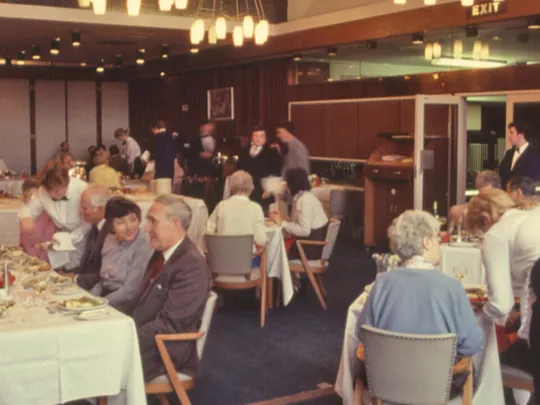
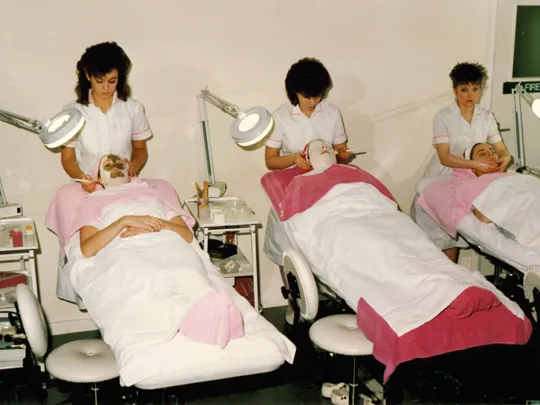
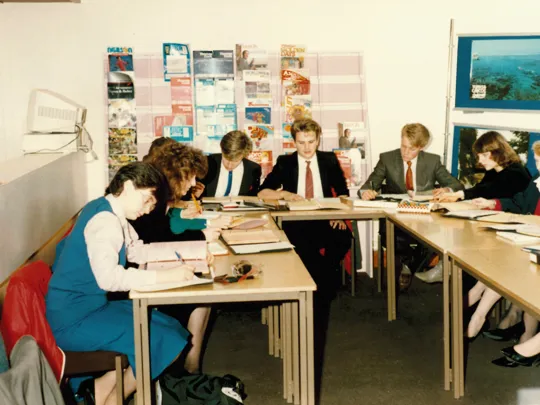
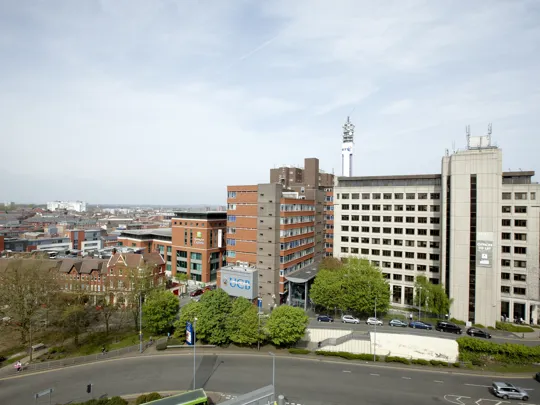
There is, however, a common theme. Then, as now, cookery was of the moment; and students and employers in the 21st century owe a debt of gratitude to municipal reformers such as Joseph Chamberlain who backed the cause of cookery at UCB’s forebear, Birmingham Municipal Technical School, in the 19th century.
A report in the Birmingham Daily Post of November 7, 1874 recalls a meeting of the Birmingham School Board, presided over by the then chairman, one J Chamberlain. The Board was told that the Education and School Management Committee had considered the “advisability of introducing instruction in practical cookery and household work as part of the ordinary school course.”
The committee suggested “experimental buildings” should be built at two schools to replicate the “ordinary size and ordinary character found in the cottages of working people.” There should be “no special appliances for cooking” and the girls would be taught to cook with “ordinary utensils, at the ordinary fires, the ordinary food of the class to which they belonged.” It was a visionary, albeit no frills, educational development.
The fledgling culinary arts were sparking wider interest. By the 1880s, the Midland School of Cookery occupied a “large apartment” with a larder, scullery and a gas stove at the Midland Institute in Birmingham. Up to 100 women and professional cooks attended lessons in “high-class” cookery five mornings a week. By 1891, cookery classes were delivered at the Birmingham and Midland School of Cookery at 117 Colmore Row, focusing on “high-class cookery, cottage cookery and vegetarian cookery.”
Archives suggest domestic cookery classes were taught throughout the First World War at the Municipal Technical School, which became the Central Technical College in 1927.
As the institution added new courses and changed its focus, there were numerous further name changes including, in the 1950s, the College of Food and Technology, featuring a department of bakery and domestic science. Just a year later, it was renamed again and became the Birmingham College of Food and Domestic Arts.
The College, which had operated from nine city and suburban schools, came under one roof in 1968 when the Duke of Edinburgh opened a new £1.5 million building on Summer Row. The building was designed to house up to 1,000 students and included a hostel for 57 female students boarding on a dinner, bed and breakfast basis.

By now, there were five major departments – hotel and catering; bakery; domestic arts; residential child care; and nursery nursing. Regulations stipulated that “stiletto heels must NOT be worn in any part of the College.” Radios, record players and tape recorders were also banned.
In the late 1980s, the institution’s name was changed yet again, to the Birmingham College of Food, Tourism and Creative Studies, to better represent the course provision.
A watershed moment arrived on April 1, 1993, when the College left local
authority control and joined the newly formed further education sector under then Principal Eddie McIntyre. Dr McIntyre and his senior management team took full advantage of the new independence to increase recruitment, develop the curriculum and invest in the facilities and College estate.
Major developments included the construction of the £25 million new halls of residence The Maltings, built at the former Davenports Brewery site in Bath Row. The complex provided more than 800 study bedrooms and was completed in three phases, in 1996, 1998 and 2003. Richmond House in Newhall Street was acquired as part of the institution’s expansion and opened as a dedicated centre for further education in 2001.
In 2002, the institution transferred to the higher education sector, providing both outstanding higher and further education courses with a strong vocational focus.
University College Birmingham was officially born in November 2007 when the Privy Council granted taught degree awarding powers. Full university status followed in December 2012 as part of moves to diversify the university sector and improve student choice.
UCB has undergone a remarkable transformation and values it culturally diverse, outward facing global perspective. It is a truly international university that delivers specialist courses to 900 overseas students from 65 countries as diverse as China, Pakistan and Saudi Arabia. UCB has amassed an impressive array of accolades and awards over the years.
The lion’s share of recruitment is now in higher education, comprising 70% of UCB’s intake compared with 30% on further education courses. Students can study everything from certificates and diplomas to degrees and postgraduate qualifications. However, the defining ethos of the institution has remained a constant – to give students, regardless of their background, the opportunity to succeed and to offer, in the motto of the University’s coat of arms, “service before self.”
Discover more
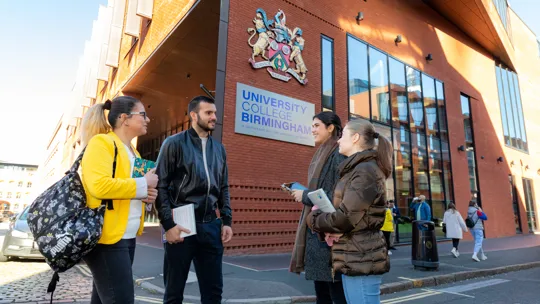
About us
Based in the heart of the UK’s second biggest city, University College Birmingham is highly respected by employers and industry for providing career-focused education and training.
Read more
Campuses
Each of our four campuses in Birmingham city centre has its own distinct character, student services and specialist teaching facilities.
Read more
University of Warwick accreditation
A wide range of our undergraduate and postgraduate degree courses, as well as some higher level apprenticeships, are accredited and awarded by the Universi…
Read more
Courses
University College Birmingham is home to 7,500 students on a wide range of programmes, from apprenticeships and college courses to degrees and postgraduate qualifications.
Read more
Facilities
Supported by a £200 million investment in new campuses, equipment and resources, University College Birmingham's facilities are nothing short of world class.
Read more
How to find us
Details on where we are, directions to the University and transport options available.
Read more
University of Birmingham accreditation
Many of our undergraduate and postgraduate courses are accredited and validated by the University of Birmingham, one of the world's top academic institu…
Read more